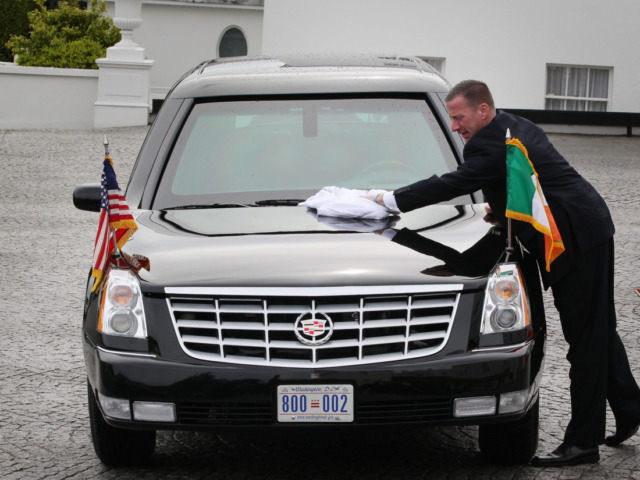The government of Ireland is preparing to ban the registration of new petrol and diesel cars by the year 2030 as a part of its “Climate Action Plan”.
Drivers in Ireland will be forced to buy electric vehicles within ten years according to a new law by the left-wing government in Dublin.
By banning the registration of new petrol and diesel cars the government aims to have one-third of the cars on Irish roads be powered by electric batteries, totalling some 936,000 electric vehicles and hybrids, reports RTE.
The initiative is part of a broader campaign to avert a ‘climate apocalypse‘ by making Ireland carbon neutral by the year 2050.
The Minister of the Environment, Richard Bruton said: “I think people need to recognise that if they are considering a purchase over the next couple of years, not everyone will be buying this year but they should increasingly assess electric as an alternative. It may be dearer upfront but its running cost over its lifetime compensates for much of that extra cost upfront.”
Delingpole: Tesla Car Batteries Not Remotely Green, Study Findshttps://t.co/Ob1I7redyC pic.twitter.com/kPLoxYNbod
— Breitbart Tech (@BreitbartTech) June 22, 2017
At the launch of the proposal in June, Irish Taoiseach Leo Varadkar said that the government’s goal was to introduce “nudge” policies including tax hikes to incentivise citizens to adopt the government’s prefered lifestyle.
“Our approach will be to nudge people and businesses to change behaviour and adopt new technologies through incentives, disincentives, regulations and information,” the left-wing leader said.
“We are going to change how electricity is produced and consumed, how our homes and workplaces are heated; the way we travel; the types of vehicles we purchase; and how food is produced”, added Varadkar.
Director of the Copenhagen Consensus Center, Bjørn Lomborg wrote last week that while electric vehicles are “branded as environmentally friendly,” the reality is that the energy that electric batteries require “almost always involves burning fossil fuels”.
“Despite subsidies of about $10,000 per car, battery-powered electric cars represent less than one-third of 1% of the world’s 1 billion vehicles. The IEA estimates that with sustained political pressure and subsidies, electric cars could account for 15% of the much larger global fleet in 2040, but it notes that this increase in share will reduce global CO2 emissions by just 1%”, Lomborg added.
Police Wasted £1.5 Million on Electric Cars That Can’t Chase Criminals https://t.co/ORDSTD9PfI
— Breitbart London (@BreitbartLondon) December 26, 2019
Follow Kurt on Twitter at @KurtZindulka

COMMENTS
Please let us know if you're having issues with commenting.